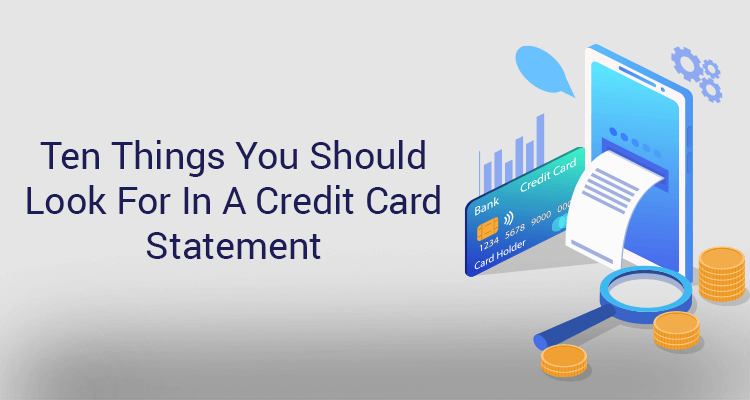When Do You Need A Personal Loan Co-applicant or A Guarantor?
Table of Contents
A personal loan is the most common type of borrowing one resorts to for meeting short-term needs. It is a form of unsecured credit and so lenders need to assess the loan applicant’s ability and inclination to repay. To be sure, there is no way one can tell if a person borrowing the money will pay even if he or she has the means to do so. But, one way that lenders seek to evaluate borrowers is by looking at their past history. This is by checking their credit scores.
The credit score is a three-digit number that varies between 300 and 900, with a higher score indicating more creditworthiness and vice versa. Lenders also look at the applicant’s income to approve a loan amount, particularly the size of the advance.If a person with a low credit score applies, he or she may not have the wherewithal to pay back given the income but a lender could still lend to such people by including a co-applicant or a guarantor.
Co-Applicant
A co-applicant can help in various ways including pushing up the eligibility for the loan amount and also counterbalancing a low credit score of the primary borrower.• Eligibility:
Typically, lenders have an upper limit of around Rs 5 lakh to lend as a personal loan. This could go up or down, based on the income profile of the person. However, if one requires a higher amount, say Rs 7 lakh, one can include a co-applicant to draw a larger sum.• Score:
If a person has a low score, he or she may find it difficult to get a personal loan sanctioned. If one includes a co-applicant, provided the other person has a higher credit score, the lender gets a comfort level that the loan will get repaid.Guarantor
A guarantor comes, as the name suggests, as an insurance factor for a loan. The guarantor himself or herself doesn’t pitch in for paying the equated monthly instalments (EMIs). Indeed, as a ‘guarantor’ the role implicitly is limited as a safety valve for the loan account.The guarantor may be required in a few cases:
• Eligibility:
Just like in the case of a co-applicant, a guarantor can push the eligibility for a person making the loan application when he or she has a lower income than the threshold deemed right for a lender, or the primary applicant doesn’t have a strong credit history and thereby a high credit score.• Special Cases:
A loan guarantor may also be required in certain cases like an NRI trying to get a loan in India. The lender may insist on getting a local guarantor as a mandatory requirement.Conclusion
A personal loan is a type of collateral-free debt. So, lenders assess the loan application by looking at the credit score. A low credit score can affect the fate of a personal loan and in some cases it can get rejected. But by bringing in a co-applicant or a guarantor, one can borrow a larger sum and get a loan sanctioned even if one person has low credit score.Disclaimer : The information in this blog is for general purposes only and may change without notice. It does not constitute legal, tax, or financial advice. Readers should seek professional guidance and make decisions at their own discretion. IIFL Finance is not liable for any reliance on this content. Read more




